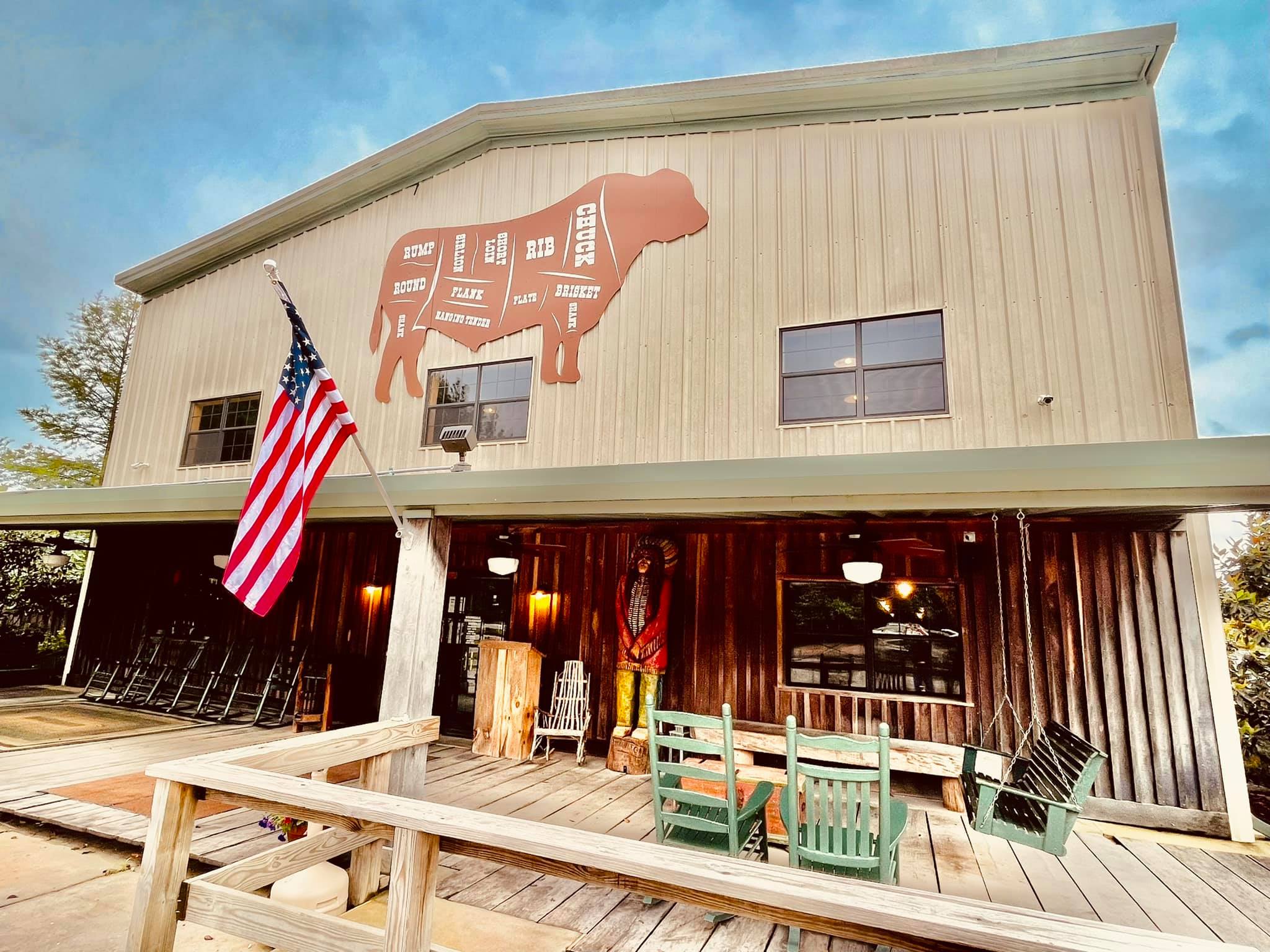Joe Rogers: The not-so-good old days
Published 5:30 am Monday, May 1, 2017

- Joe Rogers
In the 1960s, “The Flintstones” presented life in the Stone Age as comically entertaining. “The Jetsons” suggested pretty much the same would be true in the Space Age a century hence.
Meanwhile, “The Twilight Zone” told us what a scary place “now” could be.
I’m reminded of all that whenever I hear or read someone waxing nostalgic about “the good old days.”
And the waxing seems pretty frequent these current days, for whatever reasons. Nostalgia is breaking out all over.
In a 1992 research paper, Alan R. Hirsch, a neurologist and psychiatrist, called nostalgia “a yearning for an idealized past … not a true recreation of the past, but rather a combination of many different memories, all integrated together, and in the process all negative emotions filtered out.”
Hirsch, who specializes in smell-related matters, noted the power an odor can have in tapping into memory.
“Often a vivid visual image is evoked along with an associated positive mood state,” he wrote.
I get that totally. About every third wistful Facebook comment from fellow Moss Pointers of a certain age refers to smells emanating from the local paper mill, pogy fish processing plant, or mosquito spray truck.
Those smells were not to be confused with that of roses or of honeysuckle. But over the years they’ve been transformed into the olfactory symbols of when the world was supposedly a better place.
But was it?
There’s a magazine called Good Old Days that exists solely to extol the past and present fond recollections thereof from contributors.
“Good Old Days magazine is the magazine that remembers the best of times,” according to its website.
Those best of times? From 1930 through 1960, apparently.
I suppose I’m as guilty as the next person when it comes to looking back with rose-colored glasses, though not many of my years on this planet fell within the magazine’s defined period. The ‘60s was my coming-of-age decade, and my wife is surely weary of my frequent reminders of the superiority of its music and the idyllic, kid-filled neighborhood I lived in.
And creosote is my personal Proustian madeleine. One whiff and I’m back in Little League.
Of course, when recounting the merits of the ’60s I don’t dwell too much on the three major assassinations, Vietnam, the social and racial unrest.
Just as proponents of the good old 1950s tend to leave out the pervasive fear of a Cold War nuclear attack. Or those of the good old 1940s skip over that actual war that killed so many millions.
Go back another decade, and there was that annoying Great Depression.
None of that sounds too “good old” to me.
The past we hanker for is more a reflection of a desire to return to our relatively carefree youth that we’ve, as Hirsch suggests, mentally scrubbed of unpleasantness.
Which is why I’d argue that it’s important to take our nostalgia with a grain of salt, as it were. Appreciate Fred Flintstone and George Jetson.
But don’t forget Rod Serling.
Joe Rogers worked for The Clarion-Ledger, The Tennessean and The New York Times. He can be reached at jrogink@gmail.com or on Twitter @jrogink.






